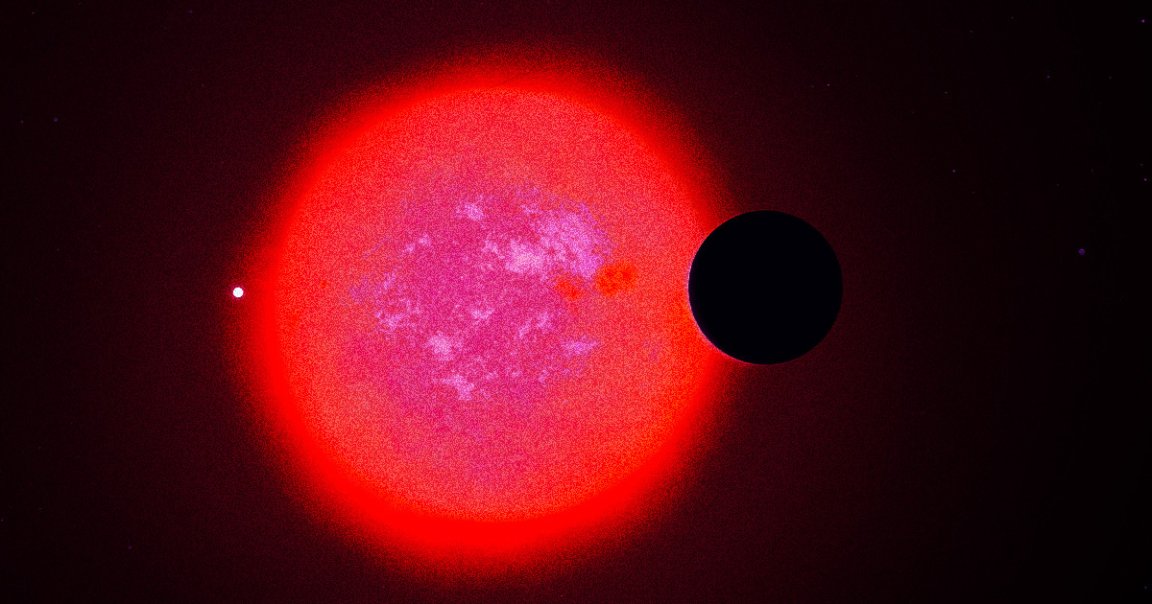
Deadly Diet
New research has shown that about one in 12 stars have devoured a planet, suggesting that stable planetary systems like our own are less common throughout the cosmos than once believed.
As detailed in the study, published in the journal Nature, the researchers analyzed the chemical composition of nearby stars to search for signs that they’d ingested planetary material.
Limiting their focus to binary stars, they found that at least 8 percent of these stellar pairings — seven out of 91 in total — showed chemical signs of planetary ingestion, or “planet signatures.”
“What’s truly surprising is the frequency at which it seems to happen,” study co-author Yuan-Seng Ting, an astronomer at the Australian National University, told Space.com. “It implies that stable planetary systems like our own solar system might not be the norm. This gives us a deeper perspective on our place in the universe.”
Profitable Pairings
Using data from a census of binary systems, the researchers focused on stars that were born together.
These so-called “co-natal” stars are effectively identical twins, meaning that when one of them undergoes a change in chemical composition, it’s much easier to notice. This also helps rule out other potential causes, ensuring as much as possible that what the readings are seeing are indeed planet signatures and not something else.
“We found that some stars differed from their twins,” the authors explained in a writeup for The Conversation, “showing a distinct chemical pattern with higher amounts of certain elements like iron, nickel and titanium compared to others such as carbon and oxygen.”
“These differences indicate strong evidence that the star has ingested a planet,” they added.
Unsure Footing
The reason so many planets are falling into their stars, the researchers suggest, is due to them developing a “wobble.”
Such instability can often arise in systems that have three or more significantly large moving bodies — read: the three body problem — because they gravitationally interact in extremely complex ways in which even the most subtle perturbations, when played out over millions of years, can destabilize the whole cosmic dance.
That’s why stars and planets can get ejected from their systems, or in this case get wholly devoured. As to whether that means our own planet will get cannibalized by the Sun this way, the researchers say it’s not likely.
“Our study does not suggest we are likely to see such instabilities in our own Solar System,” they wrote in The Conversation. “Even with our new results, however, it is important to recognize that planet engulfment and instability still occur only in a minority of cases.”
More on stars: Elon Musk Says Future Version of Starship Will Travel Between Star Systems